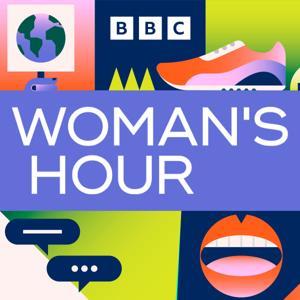Whisky writer Dave Broom has helped transform how the world tastes and talks about spirits, bringing flavour, culture, and meaning to a new generation. In this festive edition of the programme, Jaega Wise finds out how his ideas and passions came about, and what has made him one of the most influential voices in the drinks world.
Born in Glasgow, Dave Broom began his career in the industry with a job at the wine merchants OddBins. He later ran a pub in Bristol before moving into writing about spirits for the trade media. Since then, he’s written 15 books on whisky and other spirits. His writing is known for drawing people into the world of flavour through music and food references, and through connections to place. As well as writing about Scotch, he has also long explored whiskies and spirits from around the world - and was an early advocate for Japanese whiskies.
In June 2019 Dave Broom presented a crowd-funded documentary film called The Amber Light, which took him across Scotland, meeting distillers, musicians, and writers, and exploring the idea that whisky reflects the place it comes from. The film was directed and produced by Adam Parks.
Presented by Jaega Wise














































